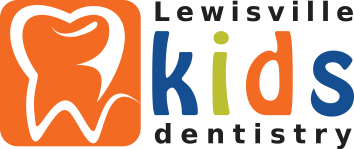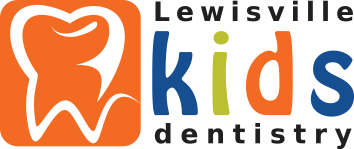Sedation
Lewisville, TX PEDIATRIC DENTIST
NITROUS OXIDE

Some children are given nitrous oxide/oxygen – also known as laughing gas – to relax them for their dental treatment. Nitrous oxide/oxygen is a blend of two gases, oxygen and nitrous oxide. Nitrous oxide/oxygen is given through a small breathing mask which is placed over the child’s nose, allowing them to relax without putting them to sleep. The American Academy of Pediatric Dentistry recognizes this technique as a very safe, effective technique for treating children’s dental needs. The gas is mild, easily taken, and it is quickly eliminated from the body and it is non-addictive. While inhaling nitrous oxide/oxygen, your child remains fully conscious and maintains all of their natural reflexes.
PRIOR TO YOUR APPOINTMENT:
• Please inform us of any change to your child’s health and/or medical condition.
• Tell us about any respiratory condition that makes breathing through the nose difficult for your child. It may limit the effectiveness of the nitrous oxide/oxygen.
• Let us know if your child is taking any medication on the day of the appointment.
CONSCIOUS SEDATION
Conscious Sedation is recommended for apprehensive children, very young children, and children with special needs. It is used to calm your child and to reduce the anxiety or discomfort associated with dental treatments. Your child may become quite drowsy and may even fall asleep, but they will not become unconscious. We are happy to answer any questions you may have concerning the specific medication we plan to administer to your child.

PRIOR TO YOUR APPOINTMENT:
- Please notify us of any change in your child’s health and/or medical condition. Do not bring your child for treatment if they have a fever, ear infection or cold. Should your child become ill, contact us to see if it is necessary to postpone the appointment.
- Inform the doctor of any prescriptions that your child is currently taking and any drug reactions or change in medical history.
- Please dress your child in loose-fitting, comfortable clothing.
- Your child should should have nothing to eat or drink after midnight before their sedation appointment.
- The child’s parent or legal guardian must remain at the office during the complete procedure.
- Your child will act drowsy and may become slightly excited at first.
AFTER THE SEDATION APPOINTMENT:
- Your child will be drowsy and will need to be monitored very closely. Keep your child away from areas of potential harm.
- If your child wants to sleep, place them on their side with their chin up. Wake your child every hour and encourage them to have something to drink in order to prevent dehydration.
- At first, it is best to give your child sips of clear liquids to prevent nausea.
- Your child’s first meal should be light and easily digestible.
- Because we use local anesthetic to numb your child’s mouth during the procedure, your child may have the tendency to bite or chew their lips, cheeks, and/or tongue and/or rub and scratch their face after treatment. Please observe your child carefully to prevent any injury to these areas.
- Please call our office for any questions or concerns that you might have.
I.V. SEDATION
I.V. Sedation is an option for apprehensive children, very young children, and children with special needs. Our dentist performs the dental treatment in our office with the child anesthetized under I.V. sedation, which is administered and monitored by an anesthesiologist.
OUTPATIENT GENERAL ANESTHESIA

Outpatient General Anesthesia is an option for apprehensive children, very young children, and children with special needs. Dental treatment is completed by Drs. Bell or Smith at Children’s Medical Center Plano.

